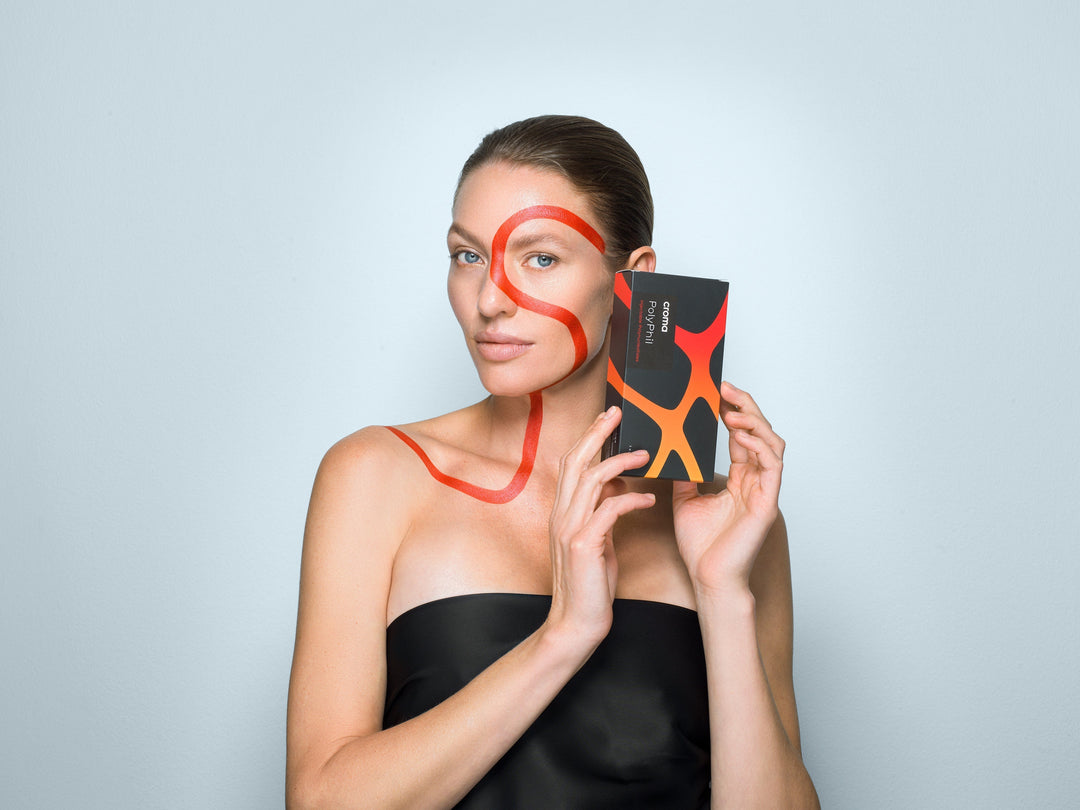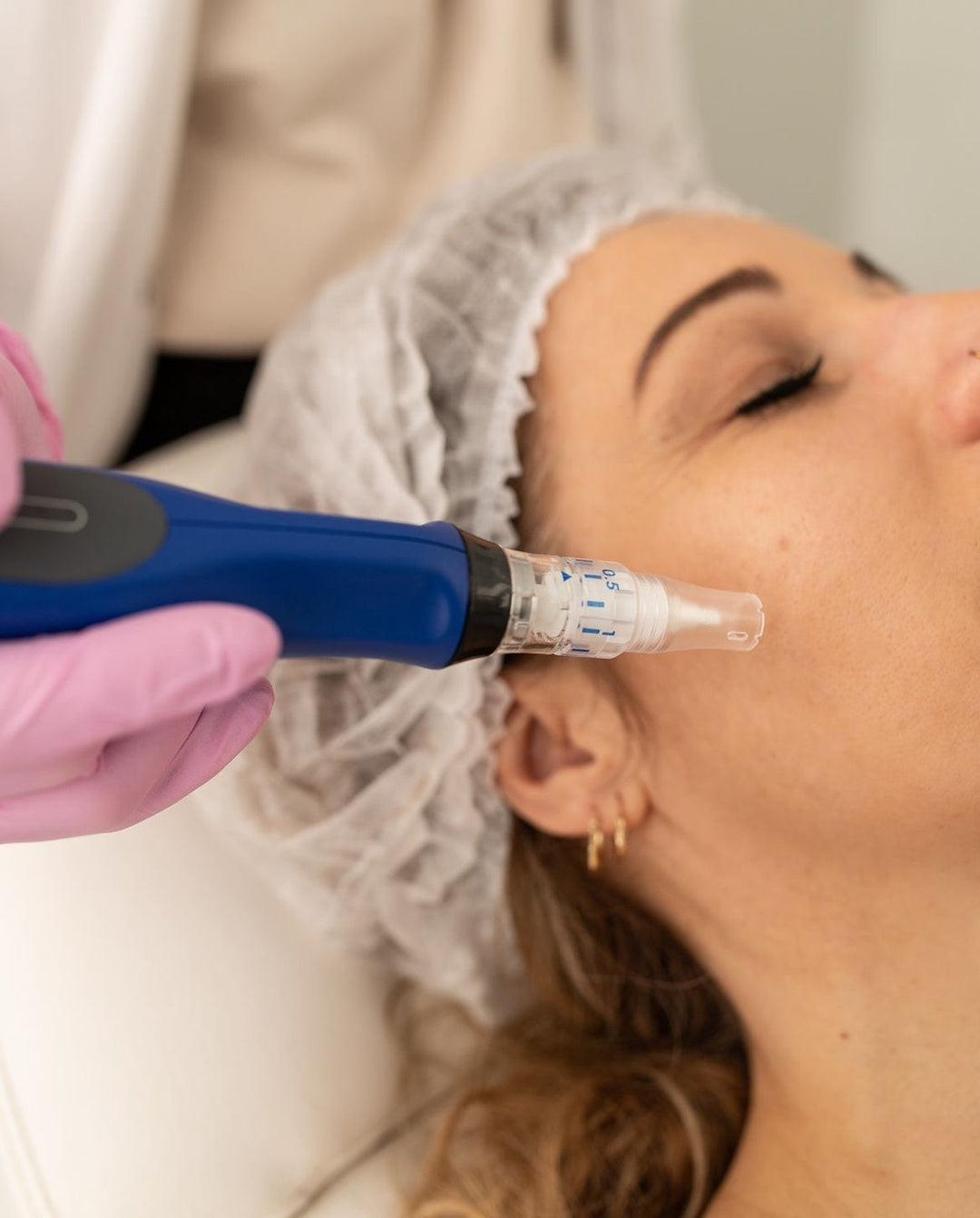10 Proven Ways to Treat Acne Naturally: Expert Tips for Clear Skin
Understanding Acne: Causes, Solutions, and the Latest Research
Acne is a common skin condition that affects many adults, not just teenagers. As our understanding of this complex issue evolves, new insights are helping us better manage and treat acne. Let's explore what acne is, its various causes, and effective treatments, including some of the latest research findings.
What is Acne?
Acne occurs when hair follicles become clogged with oil and dead skin cells. It can manifest as pimples, blackheads, whiteheads, or deeper cystic lesions. While often associated with the face, acne can also appear on the chest, back, and shoulders.
Common and Emerging Causes of Acne
Several factors can contribute to acne development:
1. Hormonal changes: Fluctuations during menstrual cycles, pregnancy, or due to certain medical conditions.
2. Genetics: Recent studies have identified specific genes associated with acne susceptibility.
3. Stress: Chronic stress and elevated cortisol levels can significantly impact skin health, potentially leading to persistent adult acne.
4. Diet: High-glycemic foods and dairy products have been linked to acne in some individuals.
5. Gut-Skin Axis: An imbalance in gut bacteria (dysbiosis) may contribute to skin inflammation and acne development.
6. Environmental Factors: Urban air pollution has been linked to increased acne prevalence.
7. Blue Light Exposure: Prolonged exposure to blue light from digital devices may stimulate oil production in skin cells.
8. Skin Microbiome: Disruptions in the balance of microorganisms on the skin surface can contribute to acne.
9. Vitamin D Deficiency: Some research suggests a correlation between vitamin D deficiency and acne severity.
10. Sleep Quality: Poor sleep has been associated with increased acne severity.
Effective Products for Acne-Prone Skin
Incorporating the right products into your skincare routine can make a significant difference. Here are some recommended items from welookpure.com:
1. Clarifying Cleanser: Removes excess oil and impurities without over-drying
2. Targeted Spot Treatment: Helps reduce inflammation and speed up healing
3. Oil-Free Moisturizer: Provides necessary hydration without clogging pores
4. Gentle Exfoliator: Removes dead skin cells to prevent pore blockage
Professional Treatments for Acne
For more persistent or severe acne, consider these professional treatments:
1. Chemical Peels: Improve skin texture and reduce acne scarring
2. LED Light Therapy: Uses different light wavelengths to kill bacteria and reduce inflammation
3. Microneedling: Creates tiny punctures in the skin to stimulate collagen production, improving acne scars and overall skin texture
4. Laser Treatments: Can target both active acne and residual scarring
Tips for Managing Acne-Prone Skin
1. Maintain a consistent skincare routine
2. Avoid touching your face unnecessarily
3. Change pillowcases regularly
4. Stay hydrated and maintain a balanced diet, considering low-glycemic options
5. Manage stress through exercise, meditation, or other relaxation techniques
6. Remove makeup before bed
7. Use non-comedogenic products
8. Consider probiotics for gut health
9. Ensure adequate vitamin D levels through diet, supplements, or safe sun exposure
10. Prioritize quality sleep
The Future of Acne Treatment
As research progresses, we may see more targeted and effective acne treatments tailored to individual causes and triggers. Personalized approaches based on genetic factors, microbiome analysis, and hormonal profiles could revolutionize acne treatment in the coming years.
Remember, achieving clear skin is a process that requires patience and consistency. If over-the-counter treatments aren't effective, consider consulting a dermatologist for personalized advice and treatment options.
By understanding your skin, staying informed about the latest research, and following a tailored skincare regimen, you can effectively manage acne and achieve the healthy, clear complexion you desire.


